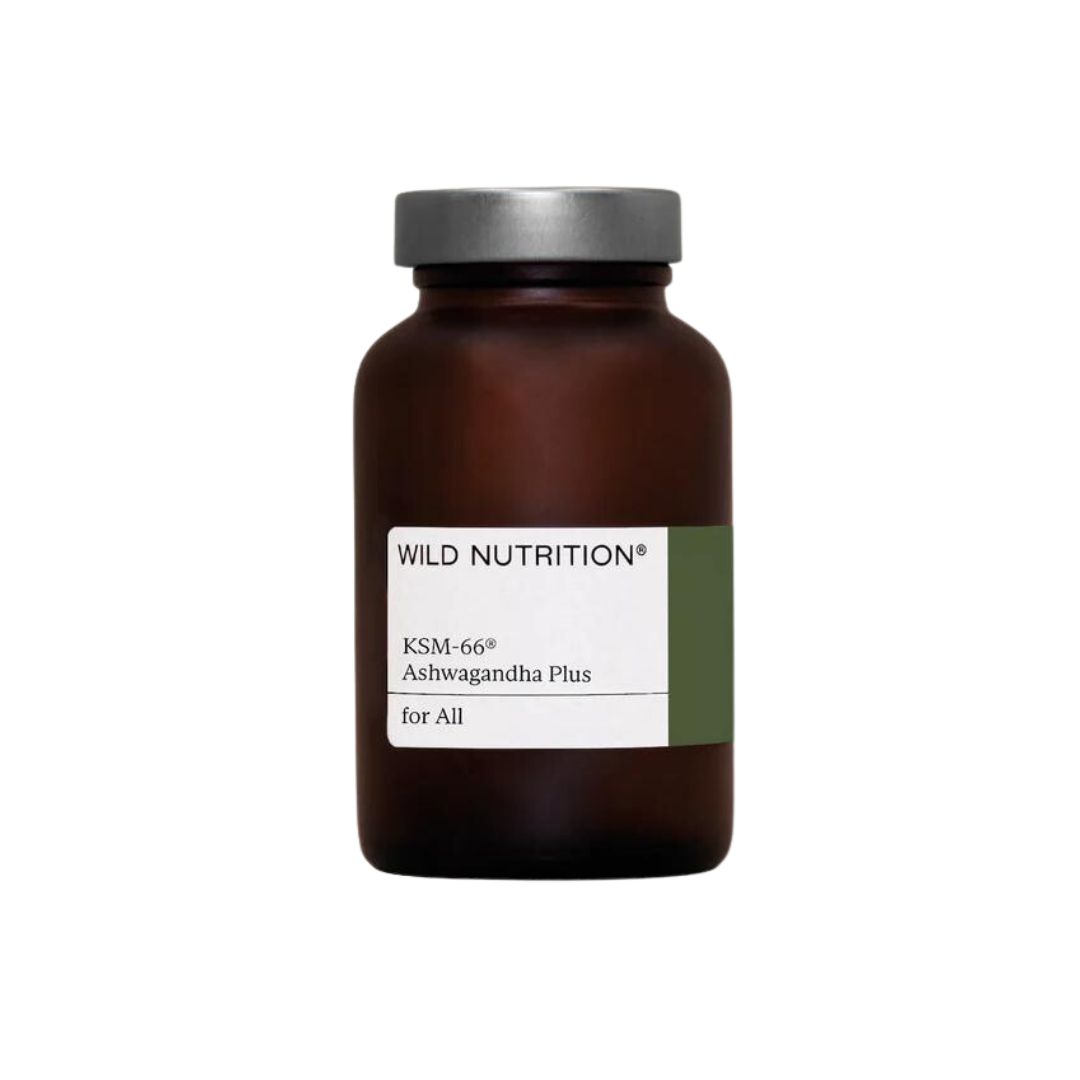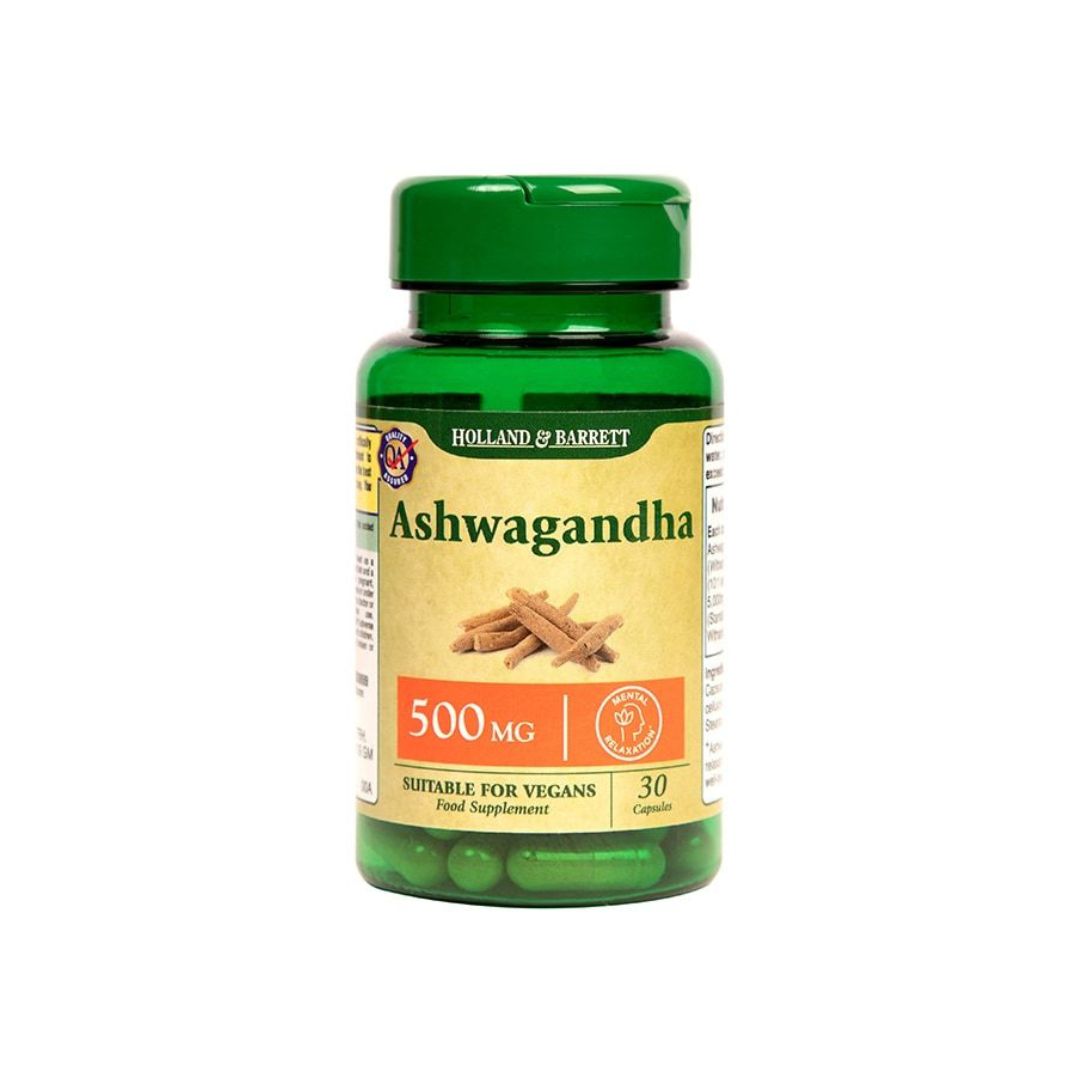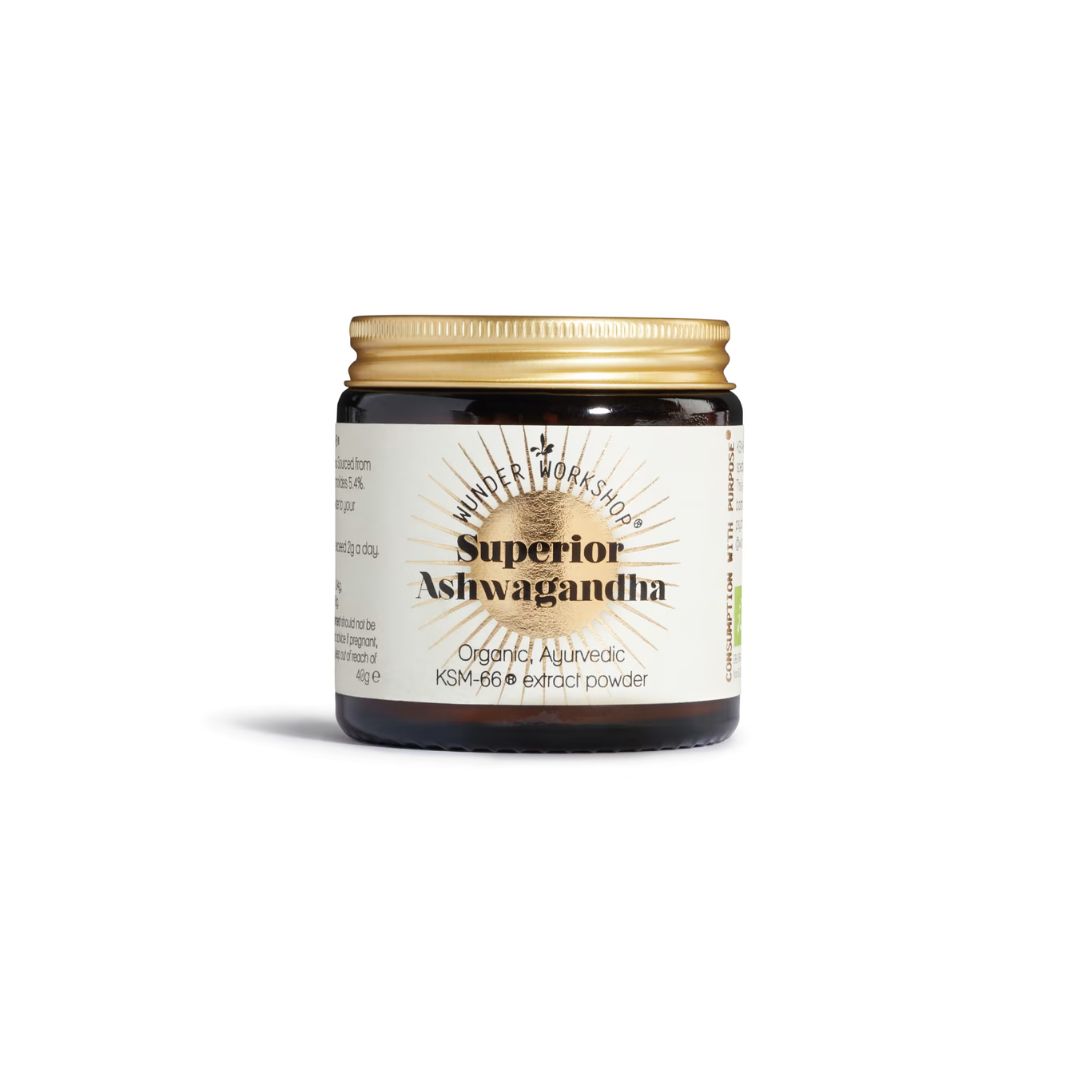Ashwagandha is trending - two women share their honest experiences with the calm-boosting supplement
"My constant anxious energy is gone."


We're only six months into the year but already, health store Holland & Barrett have seen over 114, 876 searches for ashwagandha on their site. Google searches for the supplement are at nearly 10x what they were in 2018, while on TikTok there have been over 857 million views of the hashtag #ashwagandha.
In short: interest in ashwagandha is booming right now. But let's be clear - this herbal remedy is by no means new. "Ashwagandha has long been used in Ayurvedic medicine and its plant, withania somnifera, has existed since 6000 BC," explains nutritionist, naturopath and yoga teacher Mays Al-Ali.
Its long-standing use comes from the fact it promises to play many roles within the body, Al-Ali says. "It’s known as an adaptogen which means that it promotes homeostasis of the whole body, not only by one specific pharmacological mechanism but by eliciting many complex responses," she explains.
"It's known as a herb that can rejuvenate the body and promote the health of all the tissues, which means it has the ability to improve concentration, memory and mood, as well as being anti-inflammatory and supporting your immune system."
While more research certainly needs to be done, as this recent 2023 study concluded, another study conducted in 2012 found it "significantly" reduced participants' stress levels.
More and more people are turning to the allegedly cortisol-busting ashwagandha - so, should you be? It's important to point out here that no supplement is a replacement for a healthy diet, good quality sleep and regular exercise, and it's always important to chat with a medical professional before trying something new. That said, supplements can certainly help certain ailments. Keep scrolling as two women share their own experiences taking the supplement, plus two expert's take.
Your need-to-knows about the trending supplement, ashwagandha
What are the benefits of ashwagandha?
"Right now, the commercial interest around ashwagandha is largely due to its role in stress and anxiety," agrees nutritionist Jenna Hope. "Some research suggests it may be beneficial in reducing the stress hormone cortisol, which could consequently leave you feeling calmer."
Marie Claire Newsletter
Celebrity news, beauty, fashion advice, and fascinating features, delivered straight to your inbox!
One example of that research is a 2019 paper, which found cortisol levels reduced in participants who took a daily dose of either 250mg or 600mg of ashwagandha. They also reported feeling less stressed.
"The main way I recommend it in clinic is to balance the nervous system for stress relief," says Ali-Al. "It does this through modulation of the hypothalamic-pituitary axis (otherwise known as your fight or flight response system), as well as through GABA and serotonin pathways (aka the neurotransmitters in the brain promoting a calm and happy state)."
"In Latin, somnifera actually means sleep inducer – which gives us another clue to one of its amazing benefits," she continues. One 2021 paper even found that supplementing with ashwagandha can improve sleep quality and help manage insomnia. It was well tolerated by all the participants in this particular study, irrespective of their health condition and age.
What are the risks of taking ashwagandha?
So now you know the benefits - what about the potential risks of taking the supplement? At current, most of the studies report that ashwagandha is largely safe to use. "The research conducted so far suggests that ashwagandha has a good safety profile without side effects, adding to the potential of this traditional herb to provide resilience against stress and stress-related neuropsychiatric ailments," explains Ali-Al.
But that doesn't mean everyone should use it. "As with all herbs and supplements, ashwagandha can interact with some medications and high doses can be dangerous and place extra strain on the liver," says Hope. "It’s important to note that it’s not considered safe during pregnancy, for those who are breastfeeding, or for those on thyroid medications."
Do note: before taking any supplement, you should always check with your GP.
Some people suggest that ashwagandha shouldn't be used as a year-round supplement, but saved for times of heightened stress. Neuroscientist Andrew Huberman, founder of The Huberman Lab, recommends "cycling" ashwagandha by taking it for a maximum of 30 days before taking a few weeks break. This is due to its potent impact on hormones.
@neurolab_ ♬ origineel geluid - Neurolab
What is the most effective dose of ashwagandha?
Good question. While ashwagandha tends to come in a capsule or pill form - most of which will contain the recommended dose, it's important to know how much experts advise taking. "A commonly researched dosage is to take 300mg twice a day for a period of twelve weeks," shares Ali-Al. Do note here that it usually takes around two to three weeks before improvements start to show, so it does require consistent dosages, she warns.
There's also no best time of day to take ashwagandha, but some people report improved sleep when taking it right before bed.
What does ashwagandha do? "My constant anxious energy has gone"
Florence van der Spek began taking ashwagandha around eight months ago and says it's had a huge impact on her mental health. "I’ve had anxiety for nearly ten years. It ebbs and flows, but last year, due to a combination of the stress of running my business and buying a house, I experienced a big spike."
"I felt very much as if I was just surviving every day, like I was stuck on fight or flight all the time. I had been doing CBT for several years which definitely helped, but without wanting to turn to medication, I started exploring alternative ways of controlling my anxiety - which is when I discovered ashwagandha."
"I take it every morning before I go to work and have noticed I am generally a lot more relaxed and don’t go into panic mode as quickly as I might have done before. It’s definitely not a cure-all - no supplement is - but I feel like that constant buzz of anxious energy I was experiencing daily has gone. I find I’m at my calmest when combining ashwagandha with regular exercise and sticking to a routine."

Florence Van Der Spek tried taking ashwagandha
"I use it as prevention, rather than cure"
For model and creator Maiken Ariana Fortes, ashwagandha has become a staple in her wellness routine. "I turned to ashwagandha around three years ago as high blood sugar levels run in my family. I don’t have high blood sugar myself but I’ve incorporated it as a preventative after hearing it could help with mainly different conditions - it seemed like a really easy adaptogen to add into a smoothie or with hot milk."
"Usually, I use it four or five times a week, typically on weekday mornings when I’m working. I have found that I’m generally less stressed and anxious about things."
"I wouldn’t say side effects are super immediate or noticeable at first, but I do think there’s been no harm in adding it into my daily life."
A post shared by Maiken Ariana Fortes (@maikenf)
A photo posted by on
Keen to try the supplement?

Coming in a refillable glass jar, this Wild Nutrition supplement has 110 reviews and a near five-star average rating.
What are ashwagandha supplements used for?
According to nutritionist Jenna Hope, the supplement, they are often recommended by experts to ease anxiety and stress. "Some research suggests it may be beneficial in reducing the stress hormone cortisol, which could consequently leave you feeling calmer," she explains.
Other experts share that it can aid sleep quality and help those struggling with sleep issues like insomnia. As above, do make sure to see a medical professional before trying anything new.

Chloe Gray is a freelance journalist who writes and talks about health, fitness, and wellbeing through a feminist lens. She was part of the launch team for Stylist magazine's fitness brand, Strong Women, and has written for i news, Women's Health, Red magazine, Good Housekeeping, Refinery29, and more. She's all about building mental and physical strength, eating delicious food that fuels you well, and making the fitness industry more accessible and enjoyable. She's also a qualified fitness trainer and research nerd, so you can be sure everything you read is backed by proper science.




